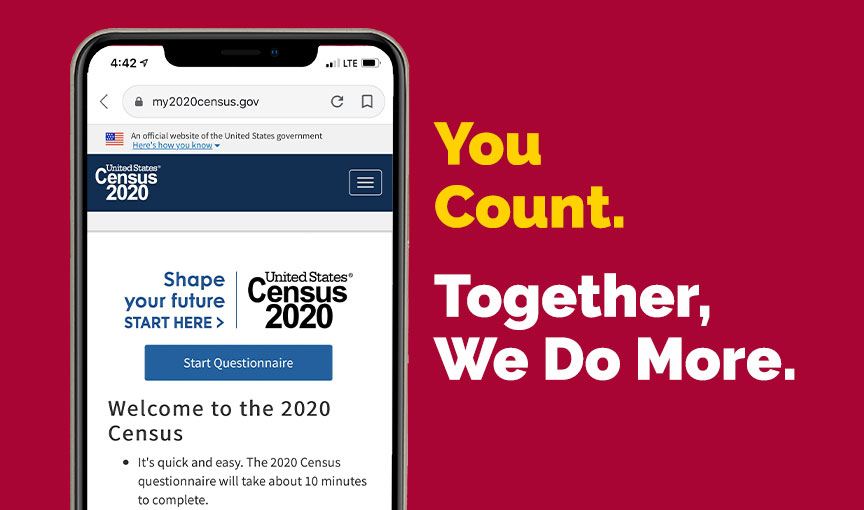Newsroom
Business Leaders Have Obligation to Support Census

Al Villarreal, CEO of IBC Bank-Brownsville, and Adrian Villarreal, CEO of IBC Bank-McAllen
While 2020 has presented many challenges for individuals and businesses throughout the Rio Grande Valley and across the Country, one lesser noticed challenge amid the COVID-19 pandemic has been the difficulty in ensuring full participation in the decennial Census. Business leaders can and should play an important role in addressing this challenge.
On top of historical obstacles that traditionally affect Census participation, the COVID-19 pandemic, natural disaster displacement and the recent increase in unemployment have created a trifecta of new barriers for individuals and the communities in which they reside. As a result of these factors, the United States Census Bureau made the decision to extend the original deadline for Census response from July 31 to October 31.
When a community is not engaged to achieve maximum participation in the Census, the negative economic impact can be significant. A George Washington Institute analysis indicated that even a 1 percent undercount in the 2010 decennial Census would have resulted in a loss of nearly $300 million annually in federal funds to Texas or $1,161 per person missed.
Non-participation has an even more substantial impact on funding and access to resources for smaller communities. When residents aren't counted, it results in the loss of federal funding for institutions such as schools, transit and transportation, Medicare and food assistance - vital local programs and services that make the process of rebuilding local communities possible. Census data is also used to determine the appropriate number of congressional members allocated for each state. An accurate Census count ensures that our communities receive the full representation we deserve.
Government institutions and funding have a direct effect on businesses, employees and the customers they serve. For instance, funding for sufficient medical care is crucial for maintaining an able-bodied workforce. Healthy individuals have a better chance of fighting off illnesses, allowing them to continue to contribute to their community. COVID-19 has taught us that it is imperative that we have the proper funds for supplies, testing and front-line healthcare workers.
Traditionally, Census participation has been enhanced by measures that involve human interaction. People go door-to-door asking a few simple questions that are included in the survey. However, as a result of COVID-19, the United States Census Bureau was required to adhere to the regulations put forth by the CDC that restrict this kind of direct contact, leading to an emphasis on online form completion and mail-in surveys.
However, when the new Census form moved online, it left many individuals behind. The current digital divide and lack of resources throughout Texas leaves many individuals without a way to be counted. According to the Texas Comptroller, more than 2 million Texas households can't access high-speed internet, an increasingly basic requirement for online participation.
According to City University of New York's Center for Urban Research, 6.9 million Texans — about 25 percent of the state's total population — live in neighborhoods with relatively low response rates to the mail-in Census questionnaire. Minorities are at greater risk of not being counted, putting community funding at risk.
As a community bank, IBC Bank has been dedicated to the growth and success of our customers and the communities we serve since 1966. Today, it is more important than ever for individuals to be counted in the Census due to the recent economic impact of COVID-19. We need to ensure that our communities are given proper funding to help rebuild our small businesses and local economy.
Business owners and leaders have a responsibility to encourage our employees and their families to complete the Census. If your office is able, provide resources for completing the form whether through the use of an accessible device or high-speed internet. If your employees come to you with questions, be available as a resource and an advocate for participation. For example, one commonly asked question is whether or not citizenship status is included in the questionnaire. The answer is no. The U.S. Supreme Court determined that it is unlawful to include a question regarding an individual's citizenship status in the Census.
By participating in the 2020 Census, together we can help ensure that needed funding flows into our community. We understand that the negative impacts of COVID-19 are wide-ranging, but the small act of participating in the Census can help put Texas and the Rio Grande Valley on the road to economic recovery.

